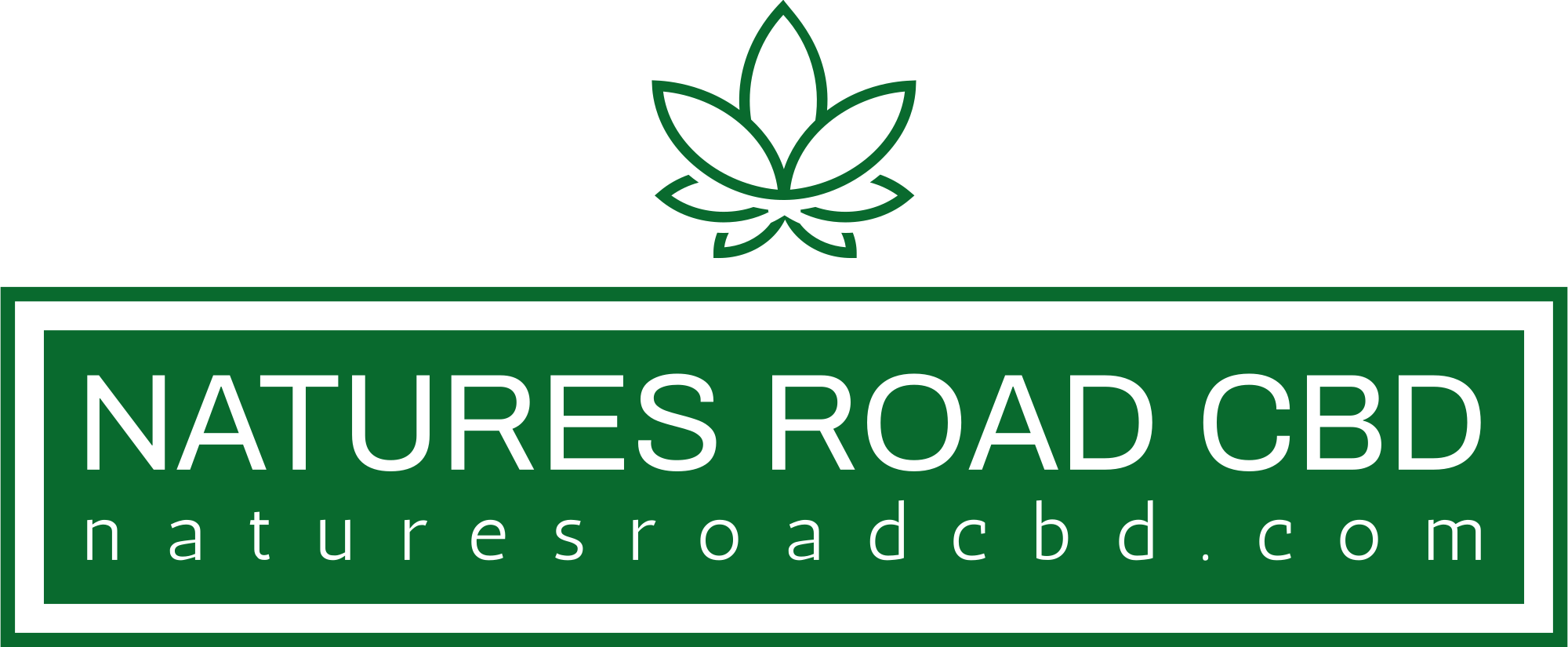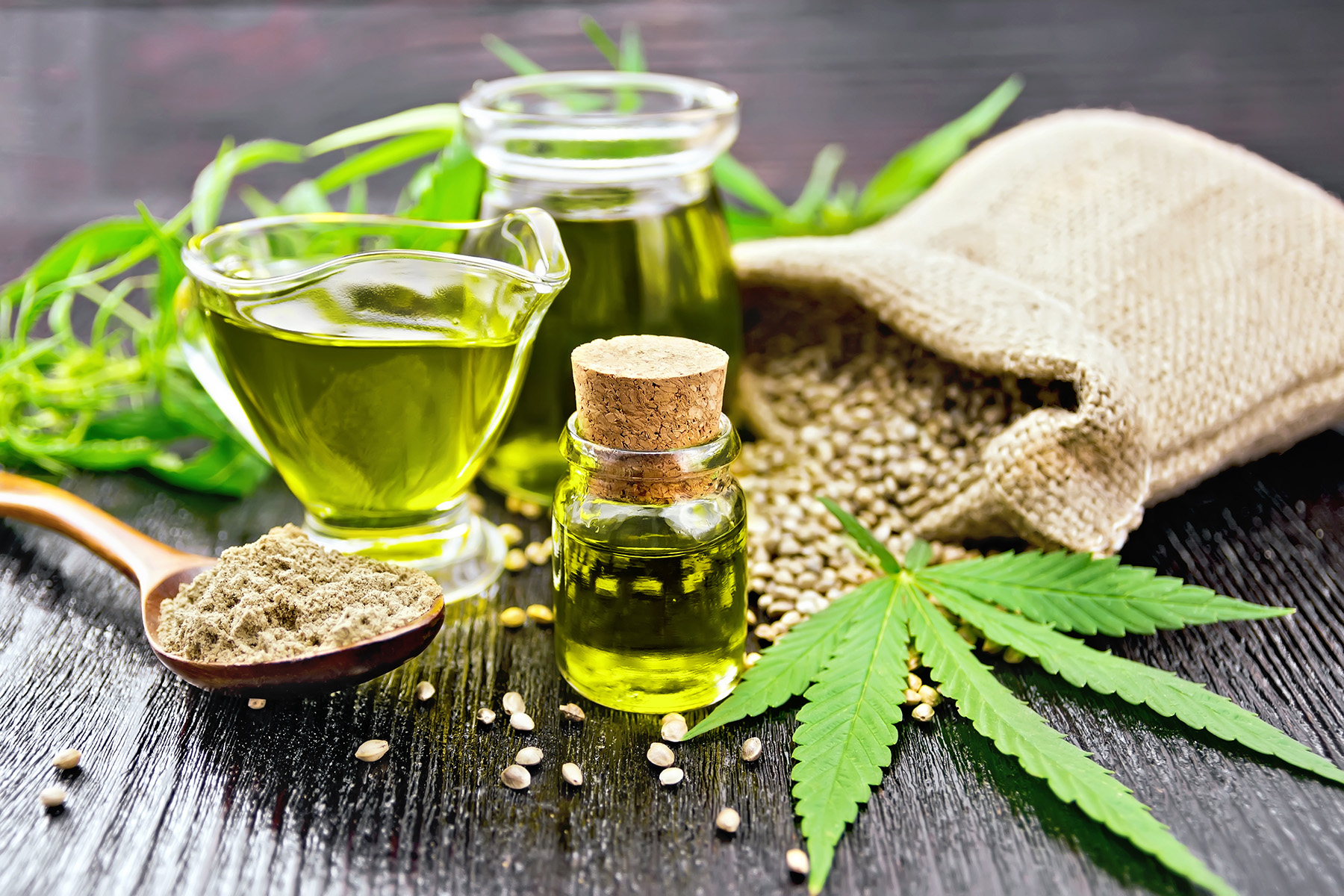Introduction
Hemp-derived Delta-10, a relatively new and intriguing addition to the world of cannabinoids, is gaining recognition for its unique properties and potential health benefits. With an increasing demand for novel cannabinoid products, Delta-10 is capturing the attention of consumers seeking alternative options to traditional hemp-derived compounds. In this comprehensive guide, we will explore what Delta-10 is, its relationship to other cannabinoids, how it is extracted, potential benefits, legal status, and the factors that set it apart from more well-known cannabinoids like Delta-9 THC and CBD.
Defining Delta-10: What Is It?
Delta-10 (often written as Δ10 or D-10) is a naturally occurring minor cannabinoid found in hemp and cannabis plants. It belongs to the same class of compounds as Delta-9 tetrahydrocannabinol (Delta-9 THC), the well-known psychoactive compound in cannabis, and Delta-8 tetrahydrocannabinol (Delta-8 THC), another emerging cannabinoid.
Delta-10 is structurally similar to Delta-9 and Delta-8 THC, but it has distinct properties that set it apart. Like its more famous counterparts, Delta-10 interacts with the endocannabinoid system in the human body, a complex system of receptors that plays a crucial role in regulating various physiological processes.
Extraction and Isolation of Delta-10
The extraction and isolation of Delta-10 are essential steps in making it available as a standalone compound or within various cannabinoid products. Delta-10 can be extracted from hemp and cannabis plants through several methods, including solvent-based extraction, distillation, and chromatography.
- Solvent-Based Extraction: This method involves using solvents like ethanol or butane to extract cannabinoids from the plant material. The solvent is then evaporated, leaving behind a concentrated extract, which can be further processed to isolate Delta-10.
- Distillation: Distillation is a refining process used to separate and purify compounds based on their boiling points. This method is particularly effective for isolating cannabinoids, including Delta-10.
- Chromatography: Chromatography is a technique that separates and purifies compounds based on their chemical properties. It can be used to target and isolate Delta-10 from a mixture of cannabinoids.
Delta-10 vs. Delta-9 THC
Delta-9 THC, often referred to simply as THC, is the primary psychoactive compound in cannabis. While Delta-10 shares structural similarities with Delta-9 THC, it has several key differences:
- Psychoactivity: Delta-9 THC is well-known for its potent psychotropic effects, which can include altered perception, mood, and cognitive function. In contrast, Delta-10 is believed to be less psychotropic, offering milder effects for users.
- Potency: Delta-9 THC is generally more potent than Delta-10 in terms of its ability to induce psychoactive effects. Delta-10’s effects are considered to be gentler.
- Onset and Duration: The onset of effects and duration of action for Delta-9 THC are typically quicker and longer-lasting compared to Delta-10, which is often associated with a more gradual onset and shorter duration.
- Legality: The legal status of Delta-9 THC varies widely, with many regions imposing strict regulations and restrictions. Delta-10, while subject to legal considerations, is often seen as a more accessible and permissible option.
Delta-10 vs. Delta-8 THC
Delta-8 THC is another minor cannabinoid that has gained popularity for its unique properties. Delta-10 shares some similarities with Delta-8 but also has its distinct characteristics:
- Psychoactivity: Delta-8 THC is known for its psychotropic effects, albeit milder compared to Delta-9 THC. Delta-10 is often considered to offer even less psychotropic potency than Delta-8.
- Onset and Duration: Both Delta-10 and Delta-8 are believed to have a slower onset and shorter duration of action compared to Delta-9 THC.
- Flavor and Aroma: Delta-10 is known for its unique flavor and aroma, which can vary based on terpene profiles and extraction methods. This can lead to a different sensory experience compared to Delta-8.
- Availability: Delta-8 THC products are more widely available, with various formulations such as gummies, vape cartridges, and tinctures. Delta-10 products are becoming increasingly accessible but are still emerging in the market.
Potential Benefits of Delta-10
Delta-10 is garnering attention for its potential health and wellness benefits. These may include:
- Mood Enhancement: Some users report an uplift in mood and a sense of relaxation when using Delta-10 products.
- Increased Focus and Creativity: Delta-10 is believed to support concentration, creativity, and productivity for some individuals.
- Appetite Stimulation: Like other cannabinoids, Delta-10 may stimulate the appetite, potentially aiding individuals with diminished appetite.
- Pain Relief: Delta-10 may offer pain-relieving effects, making it a natural option for pain management.
- Anti-Nausea: Delta-10 has shown potential in reducing nausea, making it a valuable choice for those prone to queasiness.
- Improved Sleep: Some users report enhanced relaxation and better sleep with Delta-10, making it a potential option for those with sleep disturbances.
The Entourage Effect
The entourage effect is a concept that suggests that the interaction of various compounds, including cannabinoids and terpenes, found in the cannabis plant can enhance and modulate each other’s effects. This synergy results in a more holistic and well-rounded experience.
Delta-10 is often consumed with other cannabinoids, such as CBD, Delta-8, or even Delta-9 THC, to take advantage of the potential entourage effect. This approach aims to optimize the therapeutic benefits while minimizing unwanted effects, providing a balanced and tailored experience.
Legal Considerations
The legal status of Delta-10 can vary by location and is subject to ongoing changes and regulatory developments. It is essential to be aware of the laws and regulations regarding Delta-10 in your area. Smilyn Wellness ensures that its Delta-10 products comply with all relevant regulations, making them accessible to consumers in locations where they are legally permitted.
Usage and Dosage
When using Delta-10 products, it’s crucial to exercise caution and start with a low dose, especially if you are new to cannabinoids or Delta-10. Everyone’s tolerance and response to cannabinoids can differ, so beginning with a small dose allows you to gauge your body’s reaction. If you are uncertain about the appropriate dosage, consult with a healthcare professional or a knowledgeable budtender at a dispensary for guidance.
Potential Side Effects
While Delta-10 is generally considered safe, some individuals may experience side effects, which can include
- Dry Mouth: Commonly referred to as cottonmouth, this side effect can be alleviated by staying well-hydrated.
- Dry Eyes: Delta-10 may lead to dry and irritated eyes. Over-the-counter eye drops can provide relief.
- Dizziness: Some users may experience dizziness, which is often mild and temporary.
- Mild Anxiety or Paranoia: In higher doses, Delta-10 may induce mild anxiety or paranoia in sensitive individuals.
If you experience adverse effects, discontinue use and seek medical attention if necessary. Always use Delta-10 responsibly and in moderation.
Conclusion
Delta-10, a relatively new and intriguing cannabinoid, offers unique properties and potential benefits that set it apart from its more famous counterparts, Delta-9 THC and Delta-8 THC. As the legal landscape for Delta-10 continues to evolve, it’s essential to stay informed about the regulations in your area and use Delta-10 responsibly and in moderation. Whether you’re looking to explore the potential benefits of Delta-10 or simply curious about its effects, its emergence in the wellness industry brings new opportunities for individuals seeking alternative cannabinoid experiences.
- JustCBD UK CBD Oil Tincture Review: A Flavorful Journey to Relaxation - July 4, 2024
- The Comprehensive Guide to the Benefits of Lion’s Mane Functional Mushrooms - October 28, 2023
- What Is Hemp-Derived Delta-10? A Comprehensive Guide - October 28, 2023

